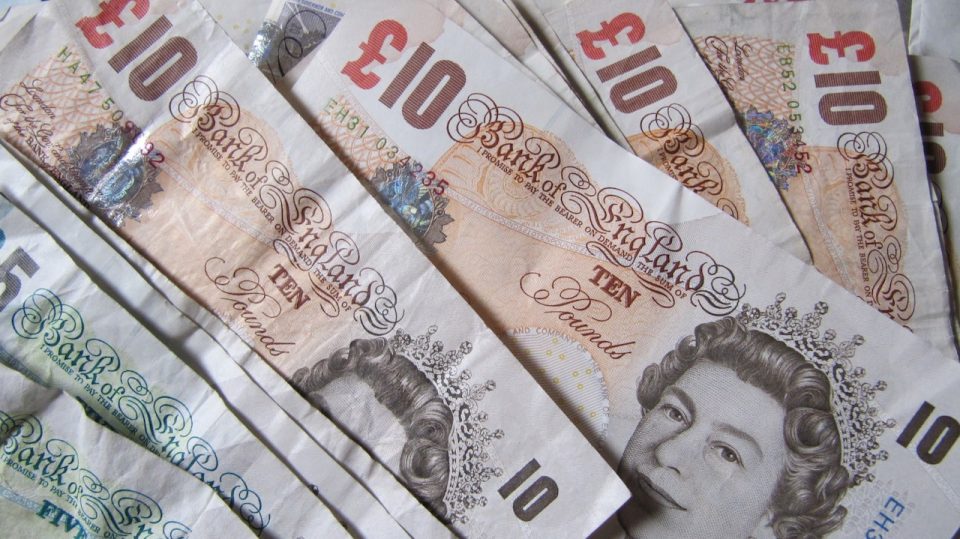Sterling fell on Friday as investors digested news that UK Prime Minister Liz Truss resigned after six weeks in office, while the yen hovered near a fresh 32-year low.
Sterling was down 0.21% at $1.1215 in early Asian trade after briefly hitting a high of $1.1338 in the previous session following the announcement of Truss’s resignation.
Truss collapsed over an economic plan that sent shockwaves through markets and damaged the country’s reputation for financial stability.
The Conservatives, who have a majority in parliament and do not require a national election for two years, now must choose a new leader by October 28 – Britain’s fifth prime minister in six years. The euro was down 0.15% at $0.97725 after following the pound to an overnight high of $0.98455.
Meanwhile, the yen last bought 150.20 against the dollar, hitting a 32-year low of 150.29 overnight. It has lost nearly 1% this week and is on track for its 10th straight weekly loss. The battered currency dipped below the symbolic 150 level for the first time in Tokyo late Thursday afternoon but strengthened sharply from a temporary low of 150.09 to 149.63 in a minute.
The new threat of intervention by Japanese policymakers has investors on high alert. However, there has been no news of further action since the finance ministry intervened last month to sell dollars and buy yen.
Japan’s core consumer inflation rose to an eight-year high of 3% in September, data showed on Friday, testing the Bank of Japan’s resolve to keep interest rates ultra-low.
Elsewhere, the dollar rose against a basket of currencies as US Treasury yields surged, with the dollar index up 0.03% to 112.97. US Treasury yields extended gains overnight, with the two-year yield hitting a 15-year high of 4.623%, while the benchmark 10-year yield hit 4.243%, the highest since June 2008.
Fed officials showed no sign of giving up on their hawkish rhetoric, with Philadelphia Fed President Patrick Harker saying overnight that the central bank had not achieved its goal of raising short-term interest rates amid very high inflation.
The risk-sensitive Australian dollar was down 0.18% at $0.6272 but was on track for its first weekly gain after losing the previous five weeks.
The New Zealand dollar, Kiwi, was down 0.22% at $0.56625 but was also on track for its first weekly gain to snap a nine-week losing streak.



